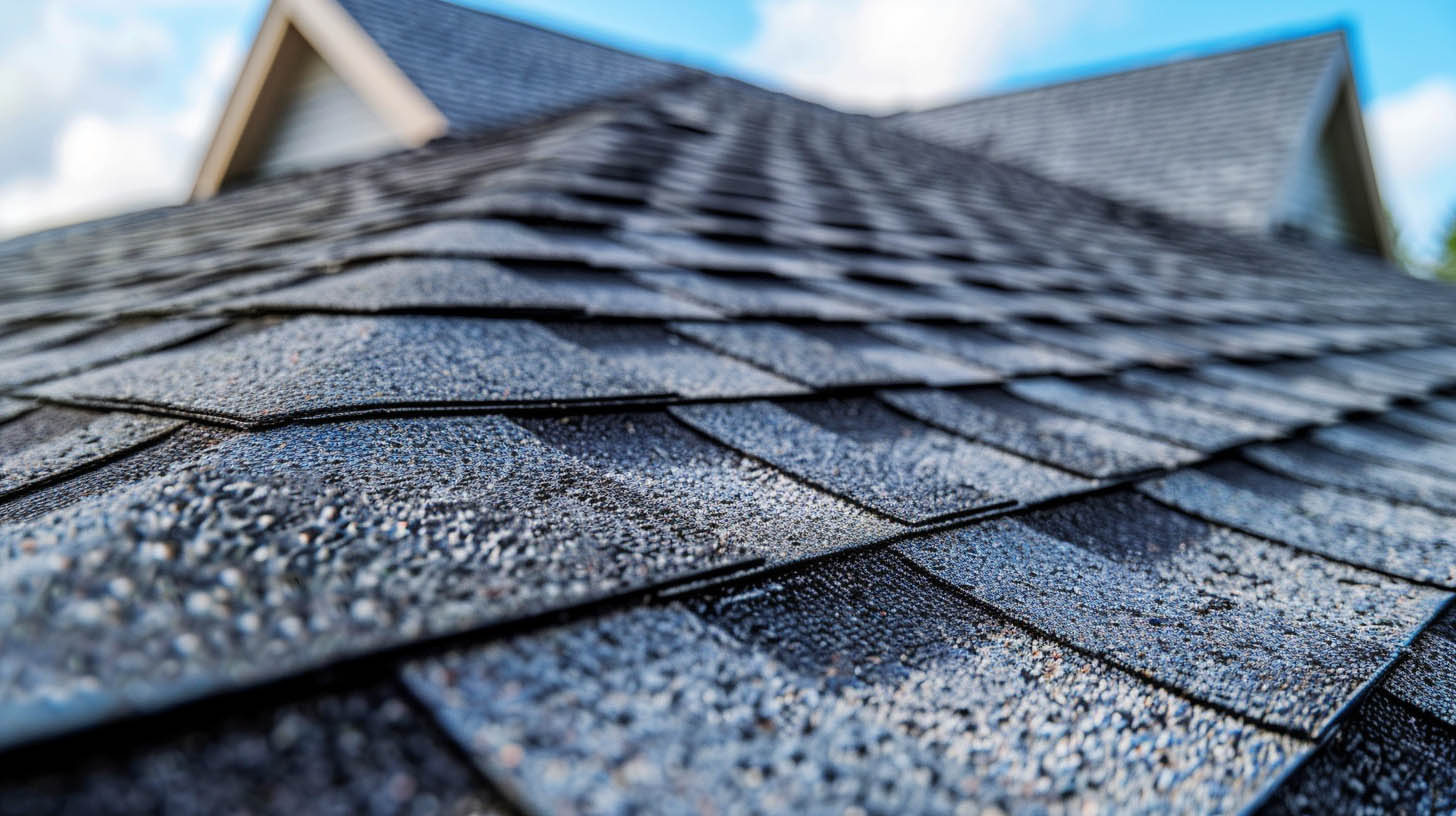Roof replacement is a significant home improvement project that requires careful planning and execution. As a protective barrier against the elements, your roof's integrity is crucial to the safety and comfort of your home. This guide provides a comprehensive overview of the critical factors homeowners should consider before replacing their roof, ensuring the process is efficient, cost-effective, and successful.
Recognizing the Need for Replacement
Assessing Roof Age and Condition
The lifespan of a roof typically ranges from 20 to 30 years, depending on the material used and environmental conditions. Regular inspections can help determine the overall health of your roof. Signs of aging, such as curling or missing shingles and frequent leaking, are clear indicators that a roof may need replacement.
Evaluating Structural Integrity
Inspect the structural aspects of your roof, such as the decking and attic spaces. Look for signs of sagging or any light coming through the roof boards, which could indicate serious underlying issues that need immediate attention.
Choosing the Right Materials
Material Options and Their Benefits
Selecting the right roofing material is critical to the performance and longevity of your new roof. Materials such as asphalt shingles, metal, slate, and synthetic products each offer different benefits in terms of durability, aesthetic appeal, and cost-effectiveness. Consider factors like local climate, maintenance requirements, and your home’s architectural style when choosing roofing materials.
Sustainability and Energy Efficiency
Modern roofing materials can provide enhanced energy efficiency and environmental sustainability. Products like cool roofing options or those made from recycled materials can reduce your home's carbon footprint while saving on energy costs.
Understanding the Financial Implications
Cost Analysis and Budgeting
Roof replacement can be a considerable investment. Obtain multiple estimates from reputable contractors to compare prices and understand the scope of work. Ensure the quotes include all necessary components such as materials, labor, waste disposal, and permits.
Insurance and Warranties
Check with your insurance provider to understand what coverage is available for roof replacement. Additionally, discuss warranty options with your contractor to ensure protection against material defects or installation errors.
Selecting a Qualified Contractor
Credentials and Experience
Partner with a reputable roofing contractor who has extensive experience and positive reviews. Verify their credentials, including licensing and insurance, to ensure they meet local regulations and industry standards.
Comprehensive Contract Review
Before work begins, review the contract thoroughly. It should detail every aspect of the job, from start and finish dates to payment schedules and the materials used. Ensure all your requirements are clearly outlined and agreed upon.
Planning and Preparation
Timing and Weather Considerations
Schedule the roof replacement during a season that is conducive to construction work in your area, typically during dry weather. Proper timing can prevent delays and ensure a smoother installation process.
Preparing Your Home
Roof replacement can affect your daily routine. Prepare your home by securing loose items, covering valuable belongings, and discussing project logistics with your contractor to minimize disruptions.
Conclusion
Replacing your roof is not only about enhancing your home's exterior but also about securing a safe living environment. At Summit Exteriors in Coeur d'Alene, ID, we provide expert roofing services tailored to meet the unique needs of each homeowner. With over a decade of experience in the industry and a commitment to quality and honesty, we ensure that every roofing project we undertake meets the highest standards of excellence and customer satisfaction. Trust us to handle your roofing needs with professionalism and care, ensuring your home is well-protected for years to come.



